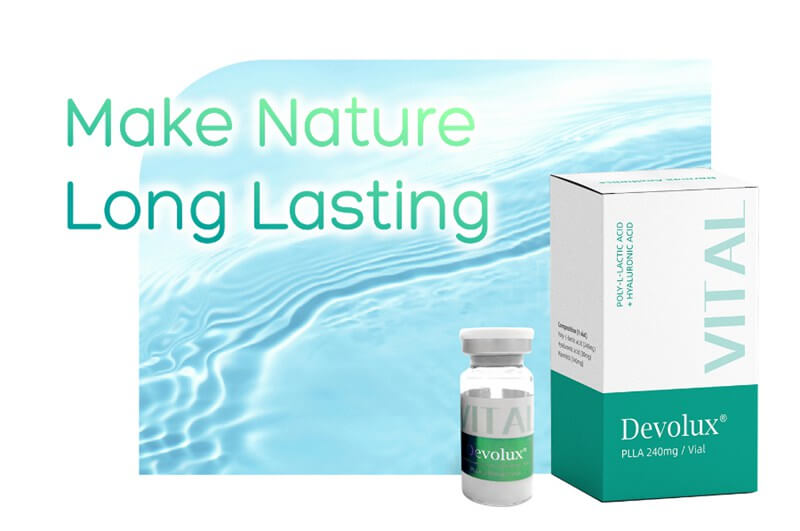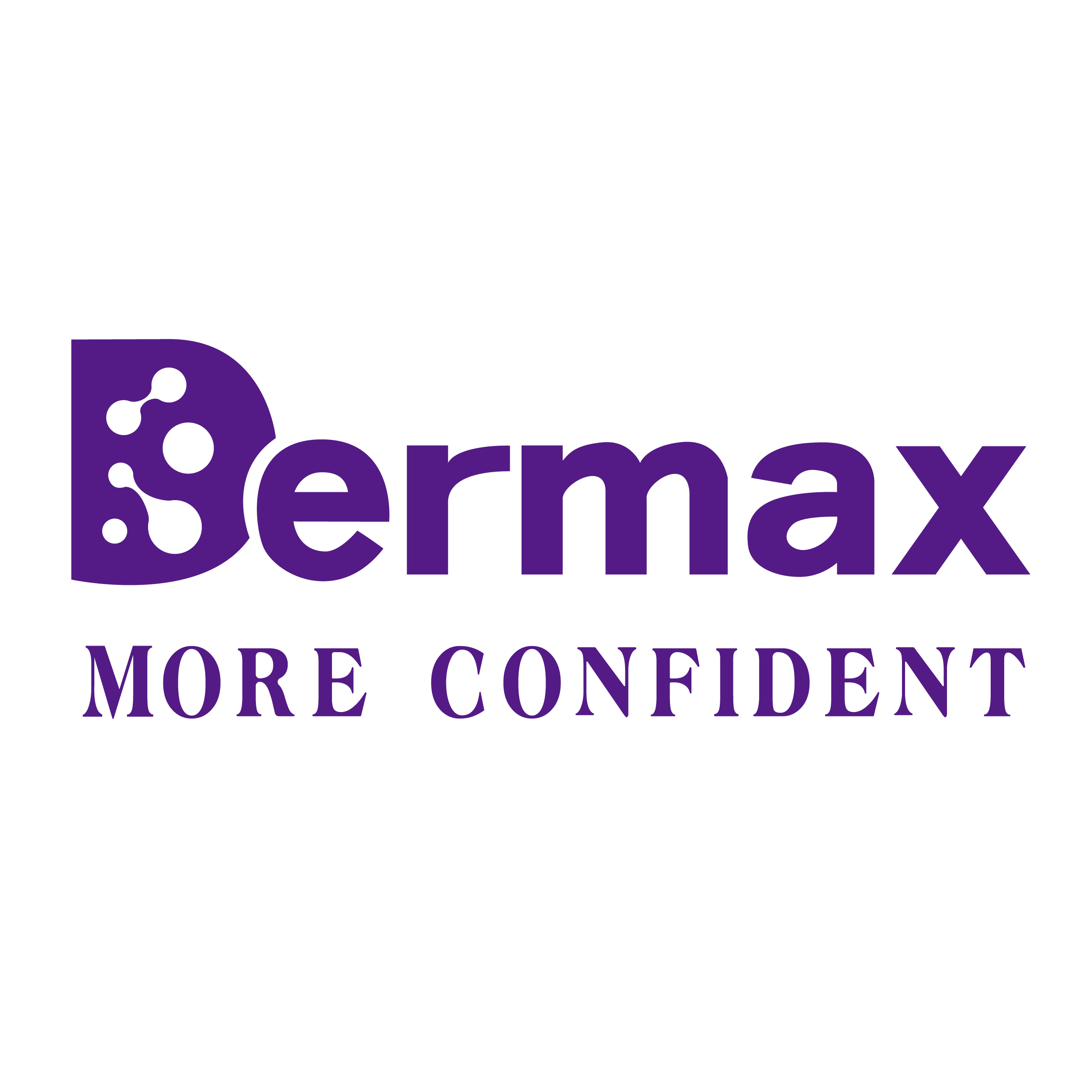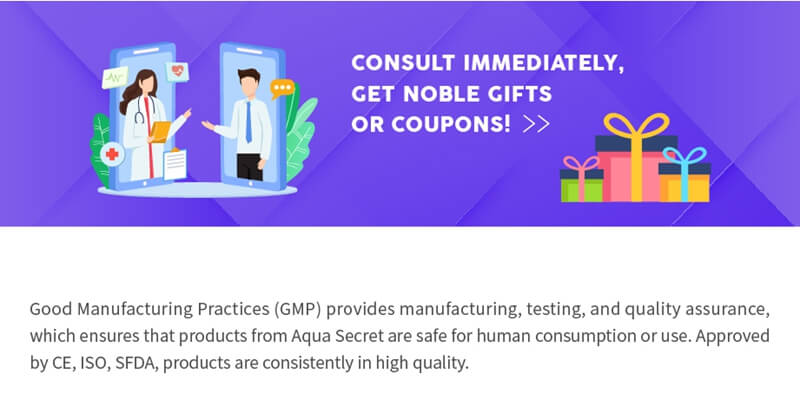What are you looking for?
Search
Is PLLA Filler Safe? You Need to Know About Safety
Introduction
Poly-L-lactic acid (PLLA) fillers have become one of the most talked-about innovations in aesthetic medicine. Known for their ability to stimulate collagen production and deliver long-lasting, natural results, they are increasingly chosen by patients seeking facial rejuvenation and contouring. Yet many people ask the essential question: Is PLLA filler safe? The answer is yes—when performed by qualified professionals and using high-quality products, PLLA filler is considered safe. However, like any medical procedure, they require proper knowledge, skilled injection techniques, and careful product selection.
What Is PLLA Filler?
PLLA filler is a biocompatible and biodegradable injectable made from poly-L-lactic acid, a substance long used in medical sutures and implants. Unlike hyaluronic acid fillers, which provide immediate volume, PLLA dermal filler works gradually by stimulating the body’s own collagen production. This results in smoother skin, restored volume, and enhanced contours that can last up to two years or more.

Is PLLA Filler Safe?
Safety is the number one concern for anyone considering cosmetic injectables. Let’s look at the different aspects of PLLA filler safety:
1. Clinical Safety Record
PLLA fillers have been approved by regulatory authorities such as the FDA and CE for aesthetic use. According to clinical studies published in journals like Dermatologic Surgery, more than 80% of patients reported high satisfaction with PLLA treatments, with adverse events remaining below 2% in controlled trials. Their long history in both medical and cosmetic applications further supports their safety profile.
2. Common Side Effects
Mild swelling, bruising, redness, or tenderness at the injection site are the most frequently reported reactions. In a 2019 multicenter study involving over 1,500 patients, these temporary reactions occurred in approximately 20–25% of cases and typically resolved within 3–7 days.
3. Rare Risks
In rare cases, improper injection techniques can lead to nodules, overcorrection, or asymmetry. A systematic review found nodule rates to be less than 1% when injections were performed by experienced practitioners. This highlights the importance of technique and clinical expertise.
4. Key Safety Factors
The safety of PLLA filler depends on three main factors: the injector’s expertise, the injection site, and the quality of the filler itself. For instance, Devolux® PLLA filler has been clinically tested and manufactured under strict standards to ensure consistent particle size and biocompatibility, offering practitioners and patients greater confidence in both safety and outcomes.
How to Ensure PLLA Filler Safety
▪ Choose a certified clinic and experienced doctor who understands facial anatomy and injection techniques. Studies show complication rates are significantly lower when procedures are performed by board-certified professionals.
▪ Use trusted brands that meet strict manufacturing standards. Devolux® and Devolux® Plus stand out for their innovative formulation, high-quality raw materials, and CE certification, which provide assurance of safety and efficacy.
▪ Ensure proper patient assessment including medical history, allergies, and contraindications before treatment. Identifying unsuitable candidates reduces the likelihood of complications.
▪ Maintain strict hygiene and aseptic technique during preparation and injection. Research highlights that sterile protocols reduce infection risks to less than 0.1%.
▪ Follow pre- and post-treatment care instructions to minimize risks and ensure optimal results. For example, avoiding strenuous exercise and alcohol for 24–48 hours can reduce swelling, while post-injection massage (when advised) helps distribute the product evenly.
Indications and Contraindications of PLLA Filler
Indications: Suitable for patients with facial volume loss, deep wrinkles, skin laxity, or those seeking gradual, natural-looking improvements through collagen stimulation. Also appropriate for body contouring such as buttock and breast augmentation when large-volume restoration is desired. Clinical trials demonstrate sustained results for up to two years, highlighting its effectiveness in long-term rejuvenation.
Contraindications: Not suitable for pregnant or breastfeeding women, individuals with autoimmune conditions, active skin infections, uncontrolled diabetes, or those prone to keloid formation. Patients with known hypersensitivity to any component of the formulation should also avoid treatment. Proper screening is essential to ensure safety and minimize risks.
Conclusion
So, is PLLA filler safe? Yes—when injected by professionals and paired with high-quality products like Devolux®, PLLA fillers offer a safe, effective, and long-lasting solution for aesthetic enhancement. By combining advanced science with trusted formulations, patients can achieve natural-looking beauty with confidence.
Call to Action
Looking for a safe and effective PLLA filler for your clinic or personal aesthetic journey? Discover the advantages of Devolux® PLLA filler today and experience natural results that last.



 https://www.facebook.com/profile.php?id=61560092512129
https://www.facebook.com/profile.php?id=61560092512129